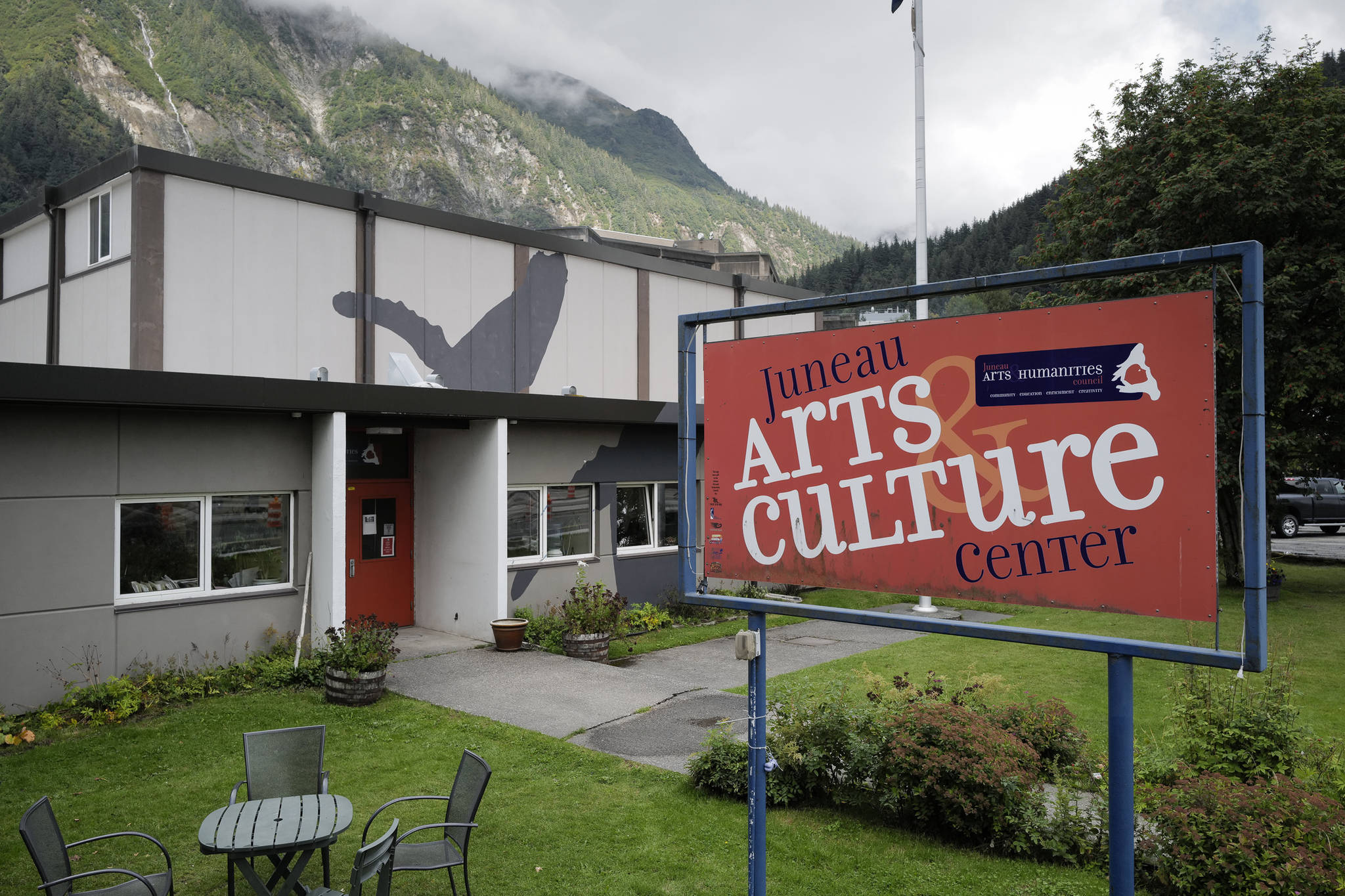Assembly members have a fiduciary responsibility to ensure that city-owned and taxpayer-funded facilities essential to Juneau’s role as a capital city are properly maintained before considering a public grant to a private entity.
The CBJ Assembly abdicated that responsibility when forwarding voter propositions for Juneau’s October municipal election.
Ballot Proposition 1 would increase Juneau’s bed tax, making our visitor tax burden one of the highest in the state. This will penalize legislators and constituents visiting our capital city and will negatively affect future convention business for Centennial Hall.
However, Ballot Proposition 3, providing for a $4.5 million grant to a private nonprofit, deserves the most serious scrutiny.
In August 2018, the Assembly rejected a $12 million plan to partially fund a new and greatly enlarged Juneau Arts and Culture Center (JACC). A new Assembly resurrected the issue in January. Unlike the previous proposal that provided funding through property taxes (via a bond issue requiring CBJ ownership of the new JACC), the Assembly focused this time on using sales taxes.
As sales tax proceeds for capital projects were already determined after voters approved a five-year extension of the 1% sales tax in October 2017, JACC boosters advocated an advisory vote (Proposition 3) to shift $4.5 million of those funds previously designated for Centennial Hall to the JACC. Those monies were to be replaced with a $7.0 million bond issue (Proposition 2).
Doing that, however, forces voters to accept higher property taxes if they support the Centennial Hall funding proposition — an added handicap to its passage.
To level the playing field, the Assembly considered two changes. The first was to ask voters to approve an increase in Juneau’s bed tax (Proposition 1) — from 7% to 9% — which would be used to reduce some of the property tax increase.
The second change was a condition requiring the $7 million bond issue for Centennial Hall to pass before the JACC could receive the $4.5 million CBJ grant.
This condition was critical because tying the two measures together prevented a situation where the JACC proposal could receive a positive advisory vote, but the other two propositions would fail, and Centennial Hall would be left with no way to fund necessary improvements previously authorized by voters.
This condition justified the public rationale used repeatedly to illustrate that new JACC funding would not jeopardize funding for long over-due upgrades to Centennial Hall. No one objected to this condition and it was contained in numerous drafts of the ordinance provided to the Assembly and the public — including the Assembly meeting on August 19 when the three ballot propositions were finally adopted.
More than halfway through that final meeting, after public testimony had concluded, Assembly member Loren Jones proposed amending the JACC advisory vote ordinance to “de-couple” the two measures and delete the condition requiring passage of both propositions. Assembly members Becker and Bryson, along with Mayor Beth Weldon, objected strenuously to the amendment but were outvoted 6-3.
Strangely, media coverage of Jones’ last-minute maneuver was either reported incorrectly or not at all. Why was this sudden change made and how will it affect the vote?
As public skepticism and opposition to the new JACC proposal mounted, proponents calculated it would be difficult to convince the public to say yes to both propositions — a $7 million bond issue and a $4.5 million grant — and it was advantageous for them to have each project voted on separately.
To construe this action as spontaneous and that it was not discussed improperly in advance outside of the public process stretches credulity.
While it increases prospects for JACC funding approval, it clearly lowers the chances for Centennial Hall.
Centennial Hall is a vital component of Juneau’s public facilities and economy and, as a piece of capital infrastructure, deserves a higher funding priority. Further, our current economic climate demands that municipal finances should conserve — not squander — our resources.
The six Assembly members who engaged in this bait-and-switch stunt to promote a special interest project damaged the credibility and integrity of our municipal government.
Juneau voters can send their Assembly a message. Vote no on both Ballot Proposition 1 and Ballot Proposition 3.
• Win Gruening retired as the senior vice president in charge of business banking for Key Bank in 2012. He was born and raised in Juneau and is active in community affairs as a 30-plus year member of Juneau Downtown Rotary Club and has been involved in various local and statewide organizations. Columns, My Turns and Letters to the Editor represent the view of the author, not the view of the Juneau Empire.

